 We all want our websites to be top of search engine results, but some of us have also heard of companies being penalised in search engine results for spammy links. So what should we being doing for our own website to give us the best chance of being found by potential customers?
We all want our websites to be top of search engine results, but some of us have also heard of companies being penalised in search engine results for spammy links. So what should we being doing for our own website to give us the best chance of being found by potential customers?
John Summers MD of Fusewave, (a Digital Marketing agency specialising in Natural Search (SEO), Paid Search (PPC), Website Design and Content Marketing Strategy) knows the answers and today we’re publishing the second of his series of articles on how to attract traffic to your website and the pitfalls to avoid.
Link building: the good, the bad and the ugly
In my last post, Why building backlinks does wonders for your website, I ran through the basics of this SEO practice, discussing useful terminology, how search engines view links and how to acquire them.
I also said that when it comes to links, quality matters. That is what I want to elaborate on in this article.
The key point when link building is: not all links are equally valuable.
 Good links can help increase the authority of your domain. They can help you climb search engine rankings and increase your site’s traffic, bringing in more readers, customers or clients.
Good links can help increase the authority of your domain. They can help you climb search engine rankings and increase your site’s traffic, bringing in more readers, customers or clients.
Bad links can devalue your site. The downright ugly ones can cause search engines to penalise you and this can lead to your website bombing out of the rankings if it is de-indexed. And coming back from a penalty – such as those imposed by Google after the Penguin algorithm update – can be extremely arduous. It may even be impossible.
Good and bad link building strategy is based on a search engine’s guidelines, which can change over time. Google’s Panda and subsequent Penguin updates reflected this search engine’s guidelines and were based on Google’s aim to promote quality web content and user experiences. These updates proved costly to SEOs and webmasters who had been using dubious link building techniques. This should illustrate the importance of doing things right and not cutting corners.
With that in mind, let’s take a look at the good, the bad and the ugly in the world of link building:
Link building: the good
Natural
Search engines want to see natural linking on the internet. This usually requires great content that other sites will happily link to because your domain offers something of value or interest. Tamebay is a great example of quality content attracting natural links from bloggers and other website sources. If the information is useful, funny or stands out links will follow. Create quality content on your website today!
Trust
Trust is a big deal on the internet, and rightly so as up to 60 per cent of cyberspace is estimated to be full of spam. A great way to increase the trust a search engine affords your site is to acquire links from authoritative websites, which are themselves well known and trusted. High-trust domains include universities, government websites and non-profit organisations. Links from such sources are certainly beneficial, although they may be difficult to secure.
Varied link profile
A good link profile (the index of links pointing to your website) should be varied. This means a balance of types of links, such as links from bloggers, directories, new websites, etc. Links should also be relevant, there being a logical reason for another site to link to yours. After all why would a Blogger of recipes link to your fashion ecommerce store?
Link building: the bad…and the ugly!
Self-created non-editorial links
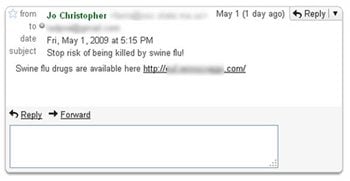 Many link builders in the past used links in blog comments, user profiles and forum signatures to link to websites. This is bad practice and in the eyes of Google these links are seen as spammy and lacking in value. In the example below shown in the image we can see there is no barrier to entry compared to editorial links that requires the owner of the website to manually add a link to your site.
Many link builders in the past used links in blog comments, user profiles and forum signatures to link to websites. This is bad practice and in the eyes of Google these links are seen as spammy and lacking in value. In the example below shown in the image we can see there is no barrier to entry compared to editorial links that requires the owner of the website to manually add a link to your site.
Link building blog networks
Some SEOs have created purpose-built blog networks for link building. Often the content of these blogs is of poor quality and as such, links from these sites are poor quality too.
Directory links
Links acquired through directories can have some value if they are relevant to a specific industry, for instance. However, link building from generic directories is bad practice and can reflect badly on a website if the majority of links are from directories only.
Paid linking
A few years ago this was permissible but Google clamped down on the practice, deciding that people were “gaming the system”. This practice still goes on, but if you get caught doing it your site could be in real trouble.
The internet is an amazing resource which helps people communicate and discover new information. Remember that when you are link building.
Links should benefit the user and guide them helpfully to other relevant sources of information. This contributes to a positive user experience and that is what search engines want websites to offer. And if you are adhering to search engine guidelines this can only help you in the rankings.
Coming soon: Five easy link building tips
In my subsequent posts I’m going to offer 5 Link building tips that should help with your campaigns. Please remember though, to use them in moderation in order to have a varied, natural looking link profile.
Linkbait image by HubSpot via Flickr under a Creative Commons licence
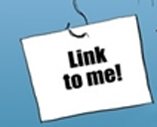
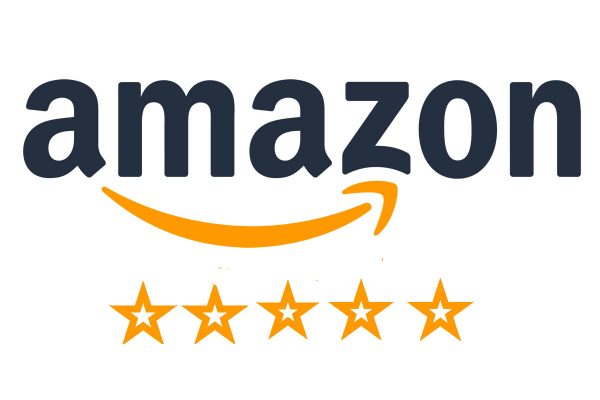
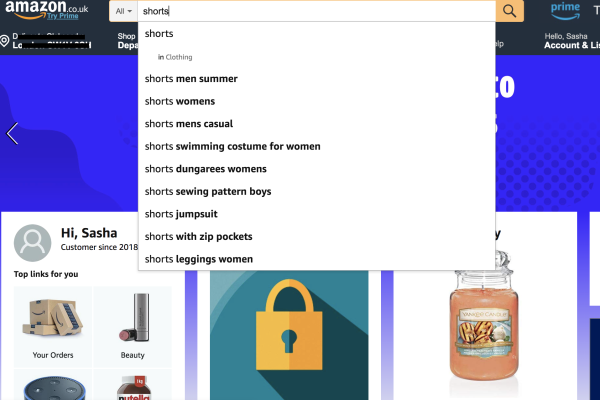
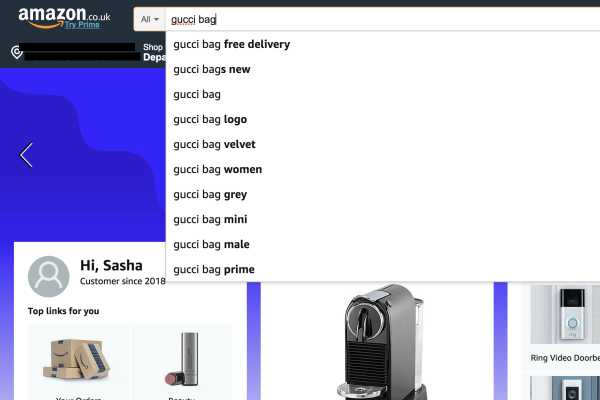

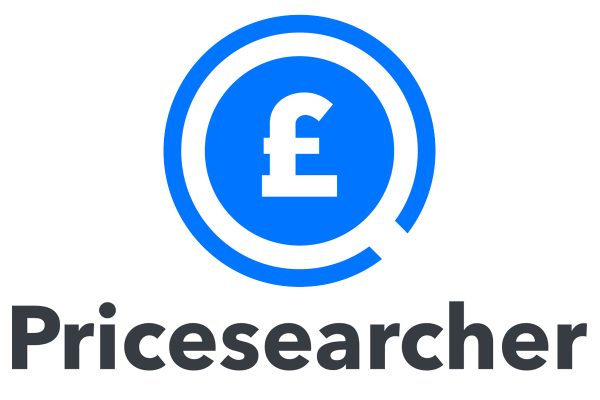




2 Responses
Paid linking is still permissible and has never been a problem. You are allowed to buy links to point to your site.
What would be a problem however is paid links that pass page rank. Google advice or these links is to either :
“Adding a rel=”nofollow” attribute to the tag”
or
“Redirecting the links to an intermediate page that is blocked from search engines with a robots.txt file”
Hi Tim
You are correct buying a link or advertisement is acceptable if not bought for link equity. This article is more about link building for improved rankings, etc but your point is valid.
Thanks for the addition
John:)